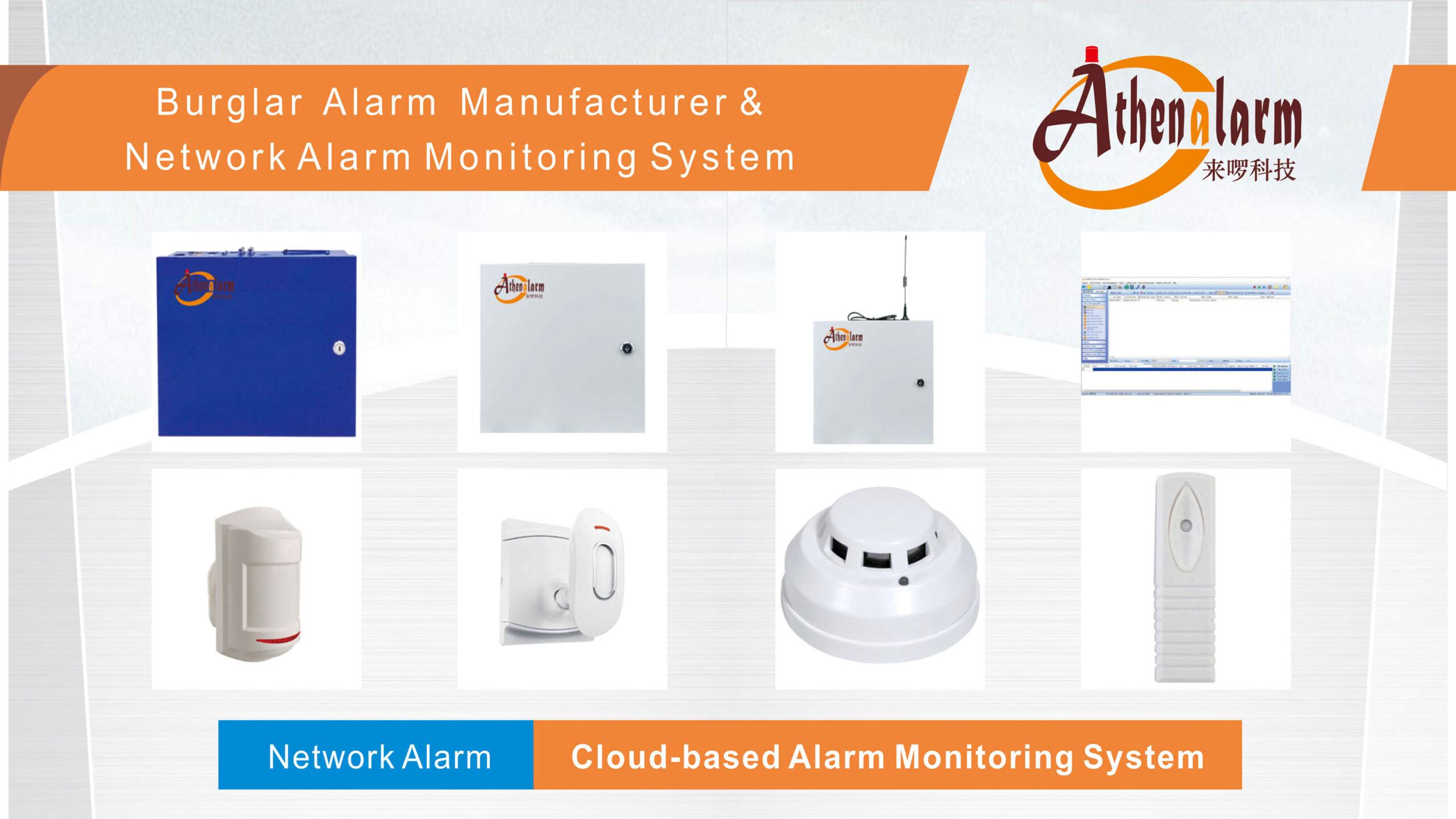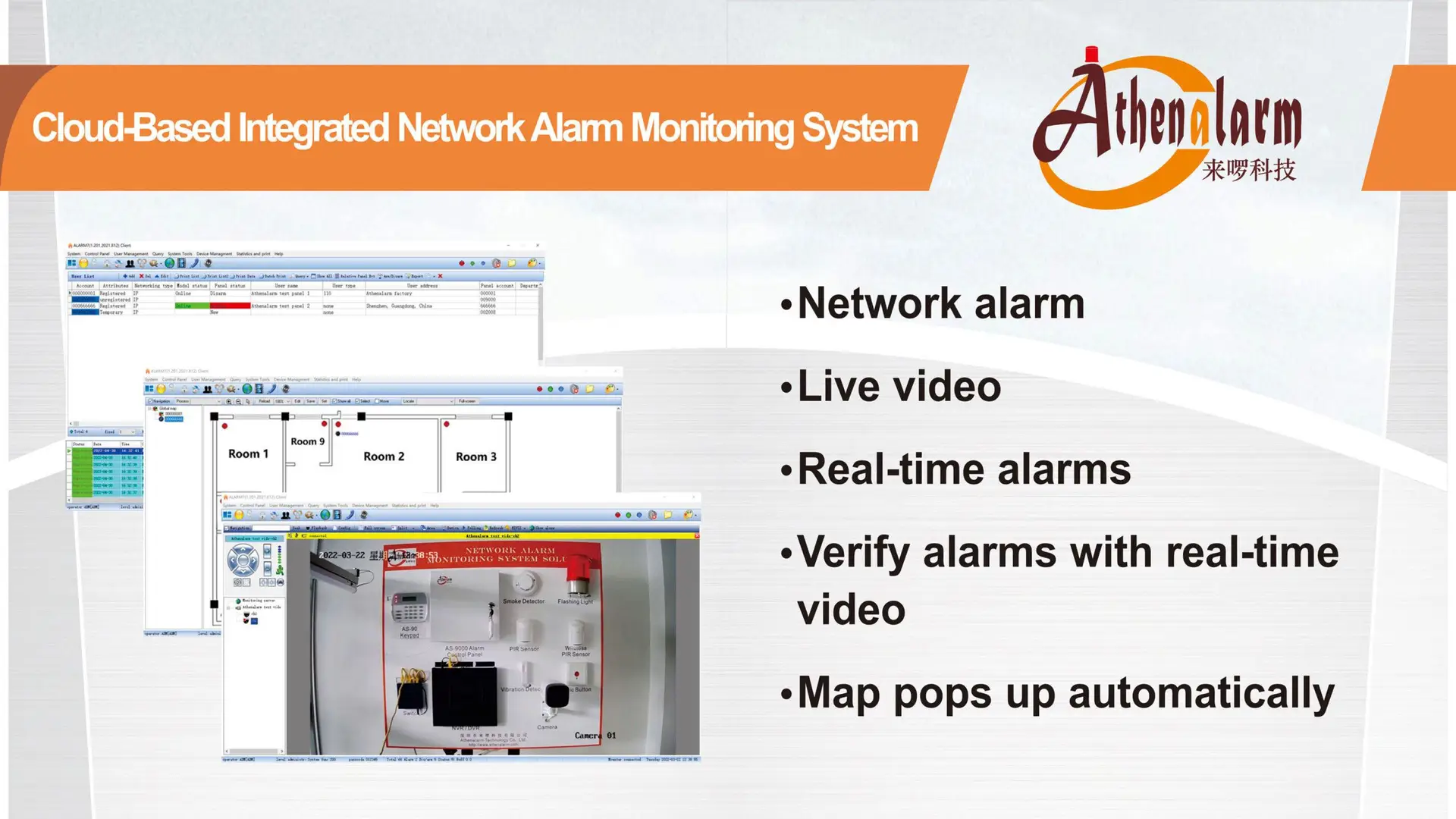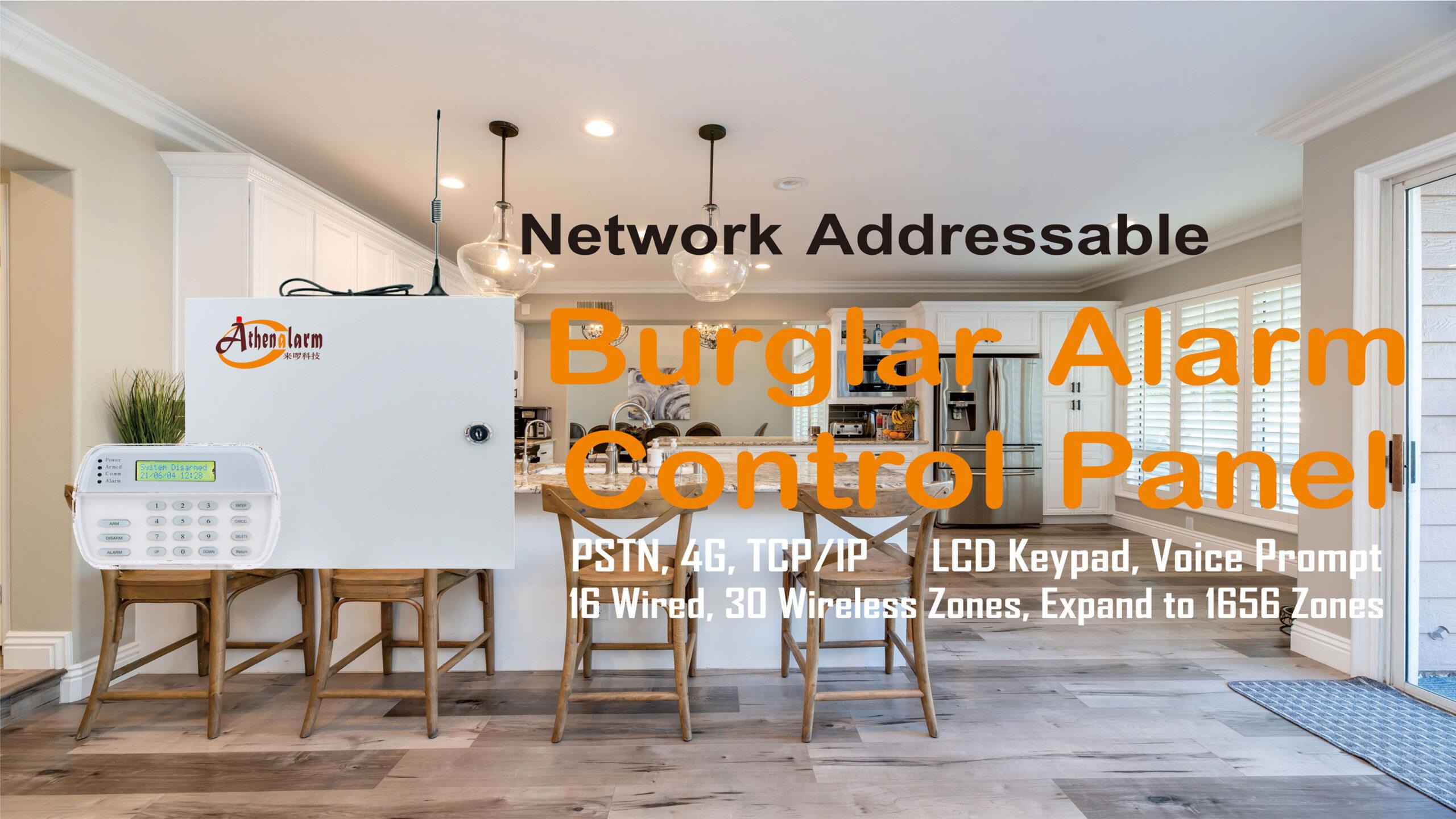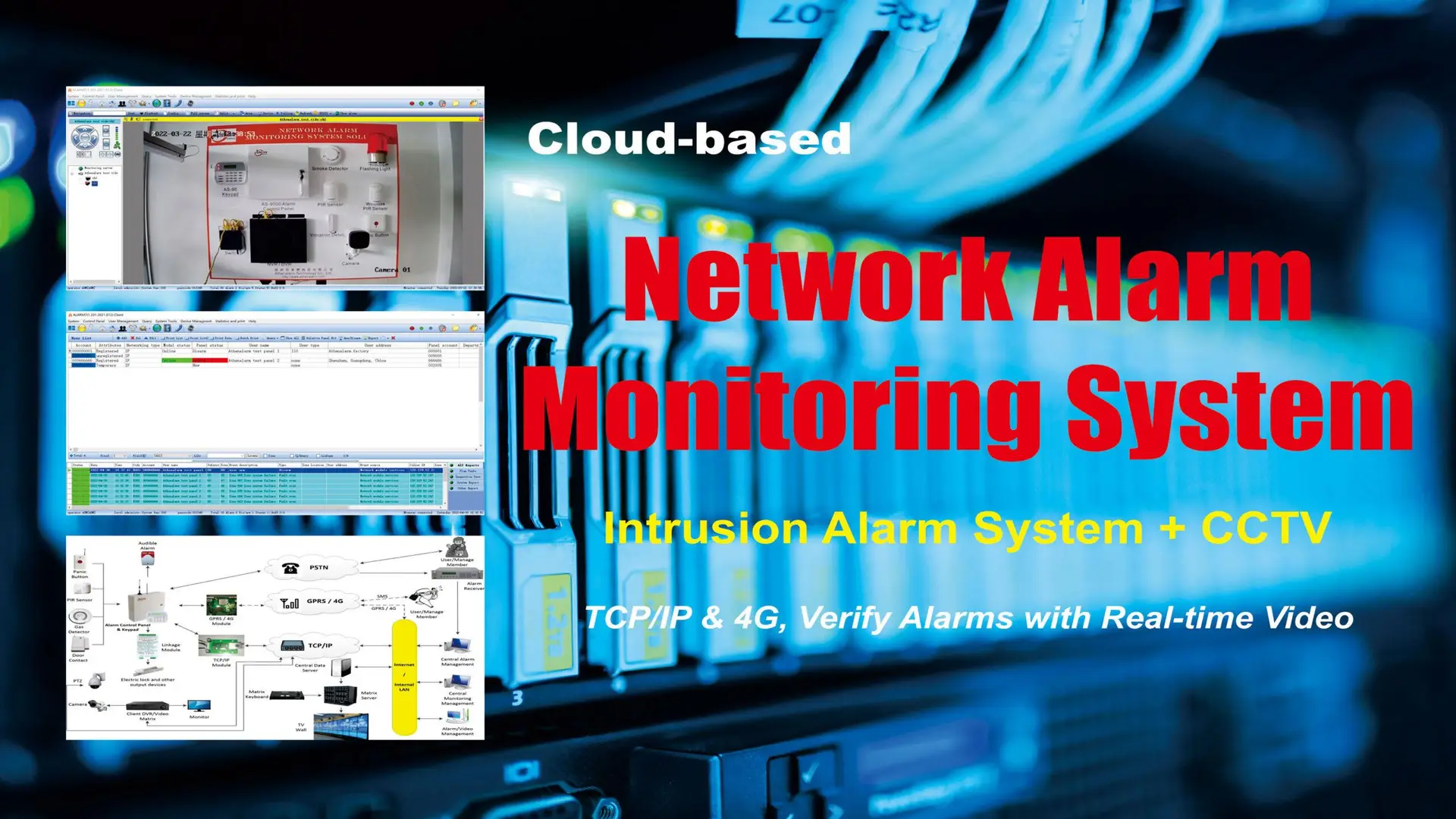



How to Choose the Best Security System Supplier for Your Business
1. Introduction
In today’s rapidly evolving security landscape, businesses face increasing risks that require reliable, advanced, and adaptable security solutions. Choosing the right security system supplier is a crucial decision that directly impacts the effectiveness, longevity, and overall performance of your security infrastructure.
A high-quality supplier does more than provide cutting-edge equipment—they offer expert consultation, seamless system integration, and ongoing support to protect your business against evolving threats.
This guide will help you navigate the selection process, covering essential factors, practical evaluation steps, and emerging trends to ensure you choose the right supplier for your specific security needs.
2. The Role of a Security System Supplier
A security system supplier is not just a hardware provider but a strategic partner in your organization’s safety and resilience. Their role extends beyond selling products to offering comprehensive security solutions, including:
- Product Supply: A wide range of security solutions, including burglar alarm systems, access control systems, video surveillance technologies, and integrated security platforms that unify these components.
- System Design & Consultation: Tailored security solutions based on your business’s unique vulnerabilities, whether for small retail shops or large industrial facilities.
- Integration & Installation Support: Ensuring all security components work cohesively within a streamlined system for maximum efficiency.
- After-Sales Service & Maintenance: Providing technical support, software updates, and maintenance to ensure long-term system reliability.
A reputable security system supplier offers an end-to-end security solution, acting as a trusted partner rather than just an equipment provider.
3. Key Factors to Consider When Choosing a Security System Supplier
Selecting the right security system supplier requires evaluating several critical factors. Here’s what to look for:
(1) Industry Experience and Expertise
Security technology is complex, requiring deep industry knowledge and technical proficiency. Choose a supplier with:
- Proven Track Record: Experience providing security solutions tailored to your industry (e.g., retail, healthcare, manufacturing, logistics).
- Certified Expertise: Certifications like CompTIA Security+, CISSP, or manufacturer-specific credentials demonstrate their technical competency.
- Relevant Case Studies: A portfolio showcasing successful security deployments in environments similar to yours.
For instance, a supplier experienced in securing warehouses will emphasize perimeter protection, while one focused on corporate offices may prioritize access control solutions.
(2) Comprehensive Product Range and Technological Innovation
A top-tier supplier should offer a diverse range of cutting-edge security solutions, including:
- Intrusion Alarm Systems – Motion detectors, glass-break sensors, smart alarms with mobile alerts.
- Surveillance Cameras – High-resolution (4K), AI-driven analytics (e.g., facial recognition, license plate recognition), and cloud-based remote monitoring.
- Access Control Solutions – Biometric readers, RFID keycards, and mobile-based credentialing.
- Integrated Security Platforms – Centralized dashboards for real-time monitoring across alarms, cameras, and access controls.
Look for suppliers integrating AI-driven threat detection, IoT connectivity for smart sensors, and cloud-based systems for enhanced security management.
(3) Product Quality, Compliance, and Certifications
Security equipment must be durable, compliant, and cybersecure. Ensure the supplier provides:
- Reliable Hardware – Equipment designed for harsh conditions, such as extreme weather or high-traffic areas.
- Regulatory Compliance – Products certified by UL (Underwriters Laboratories), CE (Conformité Européenne), FCC, ISO 9001 to meet industry standards.
- Cybersecurity Measures – Secure protocols, encryption, and regular software updates to prevent cyber threats.
(4) Customization and Scalability
Every business has unique security needs. A reliable supplier should:
- Offer Tailored Solutions – Security setups designed around your specific risks, such as anti-shoplifting cameras for retail or restricted access systems for data centers.
- Ensure Scalability – Modular solutions that allow you to expand security coverage as your business grows.
- Provide System Integration – Compatibility with existing security infrastructure to avoid unnecessary replacements.
For multi-site operations, consider suppliers offering centralized multi-location management platforms that adapt to different facility layouts.
(5) Technical Support and After-Sales Service
Even the most advanced security systems require ongoing maintenance. Ensure your supplier offers:
- 24/7 Technical Support – Fast assistance via phone, email, or live chat for system issues.
- Regular Updates – Firmware and software patches to address security vulnerabilities.
- Proactive Maintenance – Preventive checks and system diagnostics to avoid unexpected failures.
Tip: Ask for a Service Level Agreement (SLA) outlining response times and support commitments.
(6) Competitive Pricing and Value for Money
While cost matters, value should take priority over the lowest price. Evaluate:
- Total Cost of Ownership (TCO): Consider installation, maintenance, and potential upgrades, not just upfront costs.
- Warranty Coverage: Look for 2-5 years of coverage for repairs and replacements.
- Feature Cost-Benefit: Assess whether premium features like AI analytics or cloud storage are necessary for your business.
Request detailed quotes from multiple suppliers to compare pricing against quality and services offered.
(7) Reputation and Customer Reviews
A supplier’s reputation reflects their reliability. Investigate by:
- Reading Testimonials – Case studies and feedback on their website.
- Checking Independent Reviews – Platforms like Trustpilot or industry-specific forums provide unbiased opinions.
- Requesting References – Speak to current clients to assess their satisfaction with system performance and support.
(8) Local Presence and Response Capability
If rapid response times are crucial, consider a supplier with:
- Local Service Technicians – On-site support availability in your region.
- Knowledge of Local Regulations – Understanding compliance laws like GDPR (Europe) or CCPA (California).
- Emergency Response Guarantees – Fast intervention for system malfunctions or security breaches.
4. Steps to Select the Right Security System Supplier
Follow these steps to streamline the decision-making process:
- (1) Assess Your Security Needs: Identify vulnerabilities and required system features (e.g., remote monitoring, biometric access).
- (2) Research Suppliers: Shortlist 3-5 vendors based on experience and product range.
- (3) Request Proposals: Obtain detailed proposals with pricing, customization options, and support services.
- (4) Arrange Demos or Site Visits: Test the systems or evaluate installations in similar environments.
- (5) Compare and Negotiate: Assess value, warranties, and service contracts before finalizing.
- (6) Run a Trial or Pilot Test: Deploy a small-scale system before full implementation.
5. Future Trends in Security System Supply
The security industry is advancing rapidly. Leading security system suppliers are embracing:
- AI-Powered Security Analytics – Real-time threat detection and anomaly recognition.
- Cloud-Based Surveillance – Scalable, remote-access monitoring solutions.
- Cyber-Physical Integration – Unified protection against both physical intrusions and cyber threats.
- IoT-Enabled Smart Sensors – Automated detection of security risks.
- Sustainable Security Solutions – Energy-efficient and eco-friendly security equipment.
6. Conclusion
Selecting the right security system supplier is vital for ensuring a robust, future-proof security infrastructure. The ideal supplier provides advanced technology, customization, expert support, and long-term value.
By assessing industry expertise, product quality, compliance, scalability, and service capabilities—while staying informed about security trends—you can make a well-informed decision that enhances your business’s security posture.
